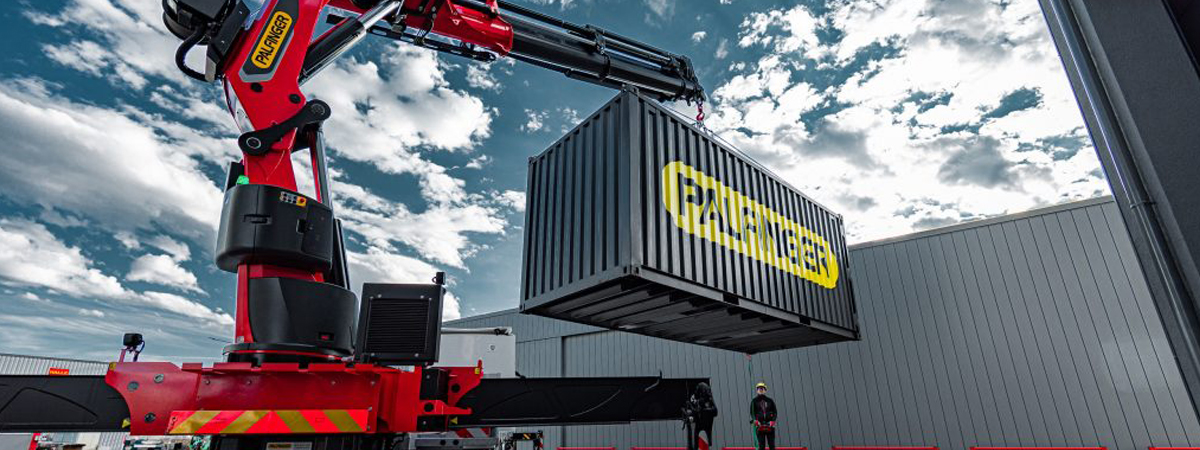
PALFINGER AG, the giant manufacturer of lifting systems, has posted a statement on its home page confirming it is currently under attack by hackers. Because of the attack, the firm’s IT infrastructure has been crippled. With 150 crane models and a market share of 35 percent, PALFINGER is the world market leader in hydraulic lifting, loading and handling systems.
It employs over 11,000 people in 35 locations across the globe with 5,000 service points. PALFINGER is also the world’s market leader in maritime lifesaving equipment.
The Austrian company this week disclosed a cyber incident that has all but halted its IT operations, in what appears to be the result of a ransomware attack. The firm greets visitors on its website with the following statement:
“PALFINGER Group is currently the target of an ongoing global cyber attack. IT infrastructure is disrupted at the moment (including sending and receiving emails, ERP systems). A large proportion of the group’s worldwide locations are affected. It is not possible to estimate the precise extent and duration of the attack or its consequences at this time. Work is being carried out intensively on a solution.”
The disruption described by the company suggests a ransomware infection, where systems become unusable as data and applications are encrypted and frozen. However, the firm has yet to disclose details of the hack.
Visitors of palfinger.com in different geographies are told the company cannot “receive or process in inquiries, orders, shipments and invoices,” and that existing customers ca only reach PALFINGER via telephone or through social media.
According to the notice, most of the company’s offices and factories around the world have been affected by the cyber attack.
Bitdefender research shows that businesses across all verticals face record numbers of data breaches this year, as misconfigurations resulting from the rapid transition of employees to remote work create security blind spots that attackers will exploit. Unpatched vulnerabilities and misconfigurations mean business clients stand to inherit those security lapses as well, opening the floodgates to supply chain attacks (i.e. SolarWinds).
Motivated politically or economically, cyber actors are showing more interest than ever in critical industry verticals, like healthcare, education, construction, retail, energy and water distribution, as well as municipal infrastructures.